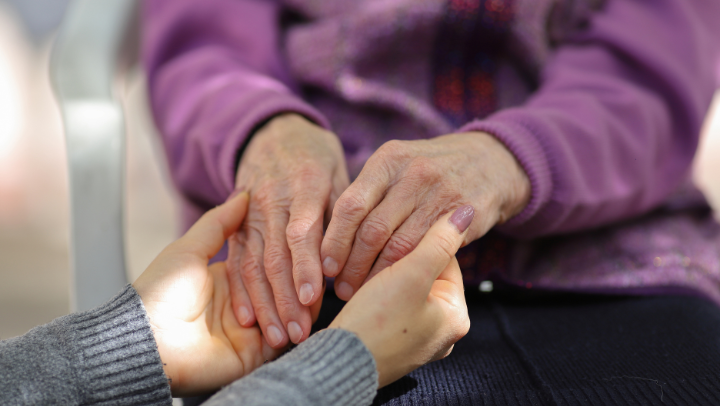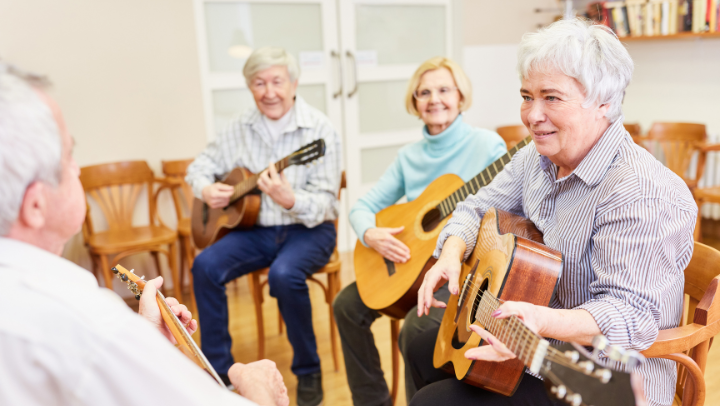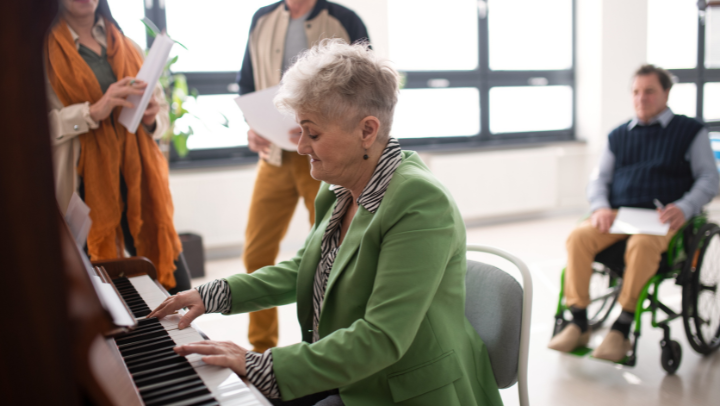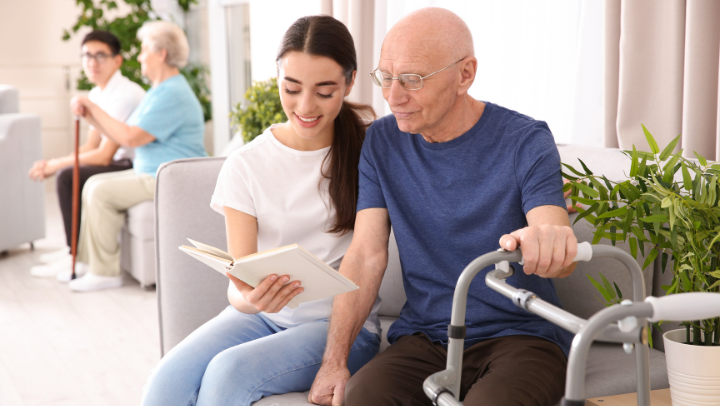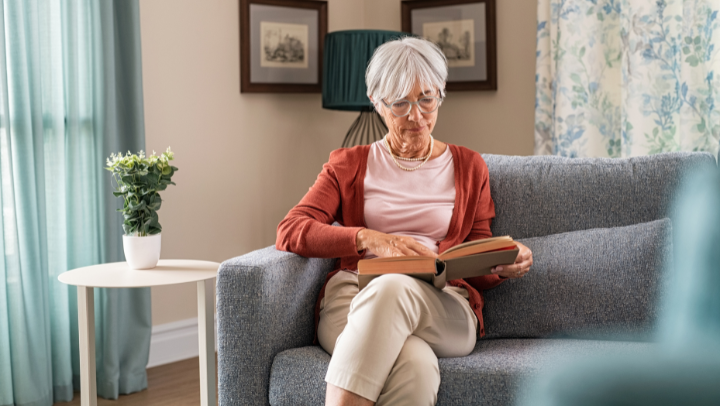
Dementia & Travel: A Caregiver’s Guide
Taking a trip with someone who needs dementia care might feel daunting, but you can make it work with the proper planning. Each trip brings its own challenges, yet many people with dementia can travel safely, especially to places they know well that help them stay calm and relaxed. Your first step should be talking to your loved one’s doctor to assess if travel is safe. Success comes from paying attention to every detail – you need to stick to daily routines and keep important papers handy, like medical records and emergency contacts. The road ahead might have some bumps, but good preparation helps create special moments for caregivers and their loved ones.
Planning a Safe Journey
Your travel preparation journey starts with a complete medical checkup. A doctor can assess if travel suits your specific situation. Many airlines and cruise operators might need written medical clearance.
Essential Documentation and Medical Preparations:
- A complete list of current medications with dosages
- Doctor and emergency contact details
- Copies of legal documents (living will, power of attorney)
- Insurance information and policy numbers
- Recent photographs that help with the identification
Keep medications in their original bottles and pack them in your carry-on luggage. You should bring extra medication for unexpected trip extensions or losses. Your first aid kit should have remedies that help with common travel issues like stomach upsets or urinary tract infections.
Safety and Identification Measures: Smart medical ID cards or tags are a great way to get quick access to critical health details through QR code technology. These digital tools store information about medical conditions, allergies, medications and vaccinations that anyone can access with a simple smartphone scan.
Let the airline know about your companion’s condition when you book. Most carriers say people with stable conditions don’t need special medical clearance. You might want to ask for:
- Priority boarding assistance
- Wheelchair services, if needed
- Help with luggage handling
- Special seating arrangements
Emergency Preparedness: Your emergency plan should list local medical facilities at your destination. Make sure your loved one wears non-removable identification like a medical bracelet or clothing tag. A GPS tracking device can help especially when you have crowded spaces.
Pack essential items in your carry-on bag – things like a change of clothes, comfort items and needed documents. This way, you’ll have critical supplies even if your checked luggage gets delayed or lost.
Creating a Comfortable Travel Experience
Your loved one stays comfortable when you maintain familiar routines. This reduces anxiety and confusion in new environments. A soothing atmosphere and realistic expectations can substantially boost the travel experience.
Essential Comfort Strategies:
- Match meal and bedtime schedules with home routines
- Pack familiar items like a favorite book or blanket
- Plan activities between late morning and early afternoon
- Keep room temperatures comfortable throughout the stay
Hotels often provide a calmer environment than staying with relatives. Help your loved one get familiar with the space by showing the bathroom, bedroom and exits right after arrival. The usual schedule should continue with consistent mealtimes and rest periods.
Managing Daily Activities: Simple nutrition and hydration need attention because people often overlook these basics away from home. Limit caffeine and sugar intake as they might increase restlessness or anxiety. Schedule bathroom breaks every one to two hours to avoid discomfort.
Creating a Calming Environment: Everyone relaxes better in a soothing atmosphere. Watch the lighting conditions and reduce shadows or glare that could cause distress. Familiar objects can make the space feel more like home during longer stays.
Building in Flexibility: Rest and adjustment need extra time between activities. Quality experiences matter more than cramming multiple events into each day. Some days may need more downtime than others.
Supporting Independence: Clear labels and visual cues help maintain independence. You can use:
- Colored tape on important objects
- Simple signs for essential areas
- Clear containers to identify items easily
Managing Travel Challenges
Handling Disorientation: Environmental changes often trigger confusion or disorientation. Therefore, maintain a calming presence because people with dementia tend to mirror their caregiver’s emotions. Keep familiar objects within reach and ensure proper identification through:
- Medical identification bracelets
- Emergency contact information
- Trackable devices for safety
Managing Communication Barriers: Communication abilities change and patience is a vital part of care. Clear, step-by-step instructions and extra time for responses work best. Background noise and distractions that might interfere with understanding should be minimal.
Addressing Sleep Disruptions: Sleep patterns can change in new environments, which sometimes leads to sundowning – confusion occurring in the late afternoon through the night. So, sticking to consistent bedtimes and soft night lighting helps with orientation.
Preventing Wandering: The risk of wandering increases in unfamiliar surroundings. Hotel staff should know about potential concerns and safety protocols must be in place. Clear signage and colored tape on important objects help navigation.
Transportation Considerations: Noise-canceling headphones with familiar music can create a calming atmosphere during air travel. Aisle seats near restrooms help reduce anxiety about bathroom access.
Emergency Preparedness: A day bag should always contain these essential items:
- Updated medical information
- Emergency contacts
- Comfort items
- Light snacks and water
A Memorable Trip
Taking a trip with someone who needs dementia care brings its own set of challenges. Good preparation makes meaningful trips possible. A combination of safety measures, proper documentation and familiar routines creates the foundation you need.
Unexpected situations might arise, but proper planning helps you manage most challenges. Your loved one can still enjoy traveling when you take the right precautions and set up proper support systems.Each trip brings different experiences and you need to stay flexible. Professional guidance can make a real difference in your travel plans. If you are looking for dementia care in Tacoma, WA, contact us at (253) 474-1741 to learn more about our memory care community, Peoples Senior Living.
